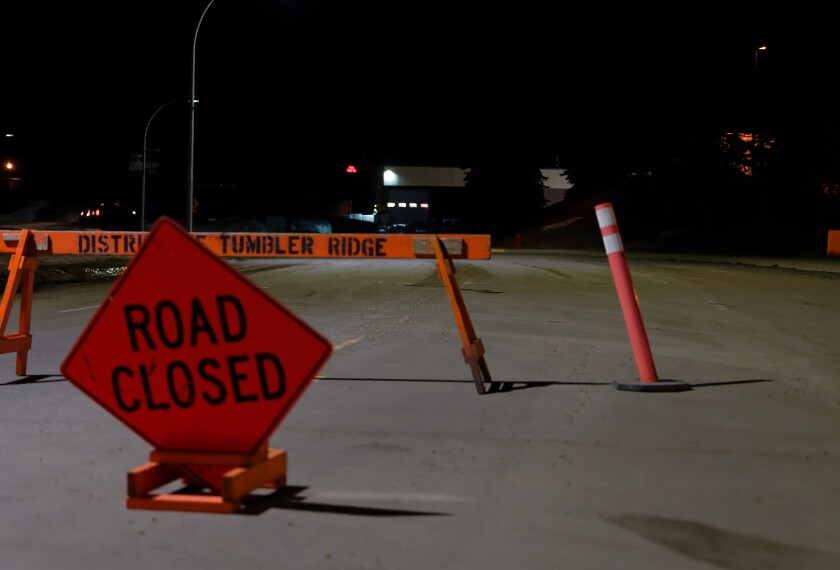At Mott Community College, where I teach writing, the fall semester began as usual, with only one noticeable difference: Above the many drinking fountains frequently in use, now there were signs warning students and staff about the safety of the water. This didn’t come as a big surprise to many students, over 80 percent of whom are “in district,” and many of whom have graduated from the Flint, Mich., public schools. Given the college’s location in close proximity to downtown Flint, Mott’s water was supplied by the now-infamous Flint water system.
During my class, as we explored the genre of argument, one student considered writing about the city’s water issue. He looked hesitant, unsure whether it was a worthy subject. “They say the water’s OK,” he added. “I don’t think it is. I live here.”
He was right. In late September, just a few days after this class, Mona Hanna-Attisha, a pediatrician at Flint’s Hurley Medical Center, released a report showing that for children under the age of 5, the rate of elevated lead concentration in their blood had doubled and, in some cases, even tripled since the city switched from Detroit Water and Sewerage Department water to Flint River water a year prior. Within a couple of weeks, Dan Wyant, the director of the Michigan Department of Environmental Quality, announced that water at three public schools tested above the safety standard set by the federal government. The state called for parents and families to have their children’s blood tested.
To foster family and community partnerships with schools, trust is not an option; it is the foundation.
Understandably, Flint families were frightened for their kids, as the realization that the city’s water had been poisoned for months started to settle in. Was it a mistake? An oversight?
The U.S. Congress and other arms of the government may still be working to determine who is responsible for the contamination, but my students have already figured one thing out. To them, it is not a “water” issue; it is a betrayal of trust, and it is deeply personal. “Will the public come to trust the city again after this disaster?” wrote one of them. “Will the public come to trust our state?”
I can detect the pain of disillusionment and panic in their questions, as if some internal values had been shaken to the very core. They are losing this sacred, foundational faith that younger generations have always been taught to have in adults, especially those holding a public office with the power to serve and protect them.
In recent years, there has been a lot of talk in education about trust. To succeed in a world where social systems and cultures are quickly evolving, where nothing that happens in one part of the world can stay hidden from another part of the world, young people have to develop confidence in our institutions and in each other. As educators, we nurture in our students dispositions for benevolence, honesty, openness, reliability, and competence. We explain to them why, in our interconnected world, we have to rely on one another and how important it is to do our part well. We encourage collaboration in our classrooms.
But it goes deeper than that. Student learning is profoundly connected to other processes happening inside a human body. Our experiences shape who we are. What students experience in their lives outside the classroom affects their disposition inside the classroom, influencing their ability to learn and have confidence in others. They are deeply affected by family beliefs and values.
For decades, research has shown that students learn best when schools and families work together. One of the main reasons schools struggle to create partnerships with the parental community is a lack of public confidence in school effectiveness, teacher competence, and the integrity of school leaders. To foster family and community partnerships with schools, trust is not an option; it is the foundation.
As we—teachers, school administrators, and district leaders—strive to develop mutual trust with families and communities, there is one important thing to realize: We, too, represent the official power in the eyes of those who depend on us to do things right. When someone fails to live up to that responsibility, we all fail in the public’s eye.
In 2007, ASCD’s Commission on the Whole Child delineated six out-of-school factors that impede kids’ learning: low birthweight and nongenetic prenatal influences on children; inadequate medical, dental, and vision care; food insecurity; environmental pollutants; family relations and stress; and neighborhood characteristics. How many of these factors have been affected in Flint in the last 18 months as a result of lead consumption is still largely unknown.
What does seem clear, however, is that such a high-profile betrayal of trust by public officials has, to a certain degree, affected all of us.





